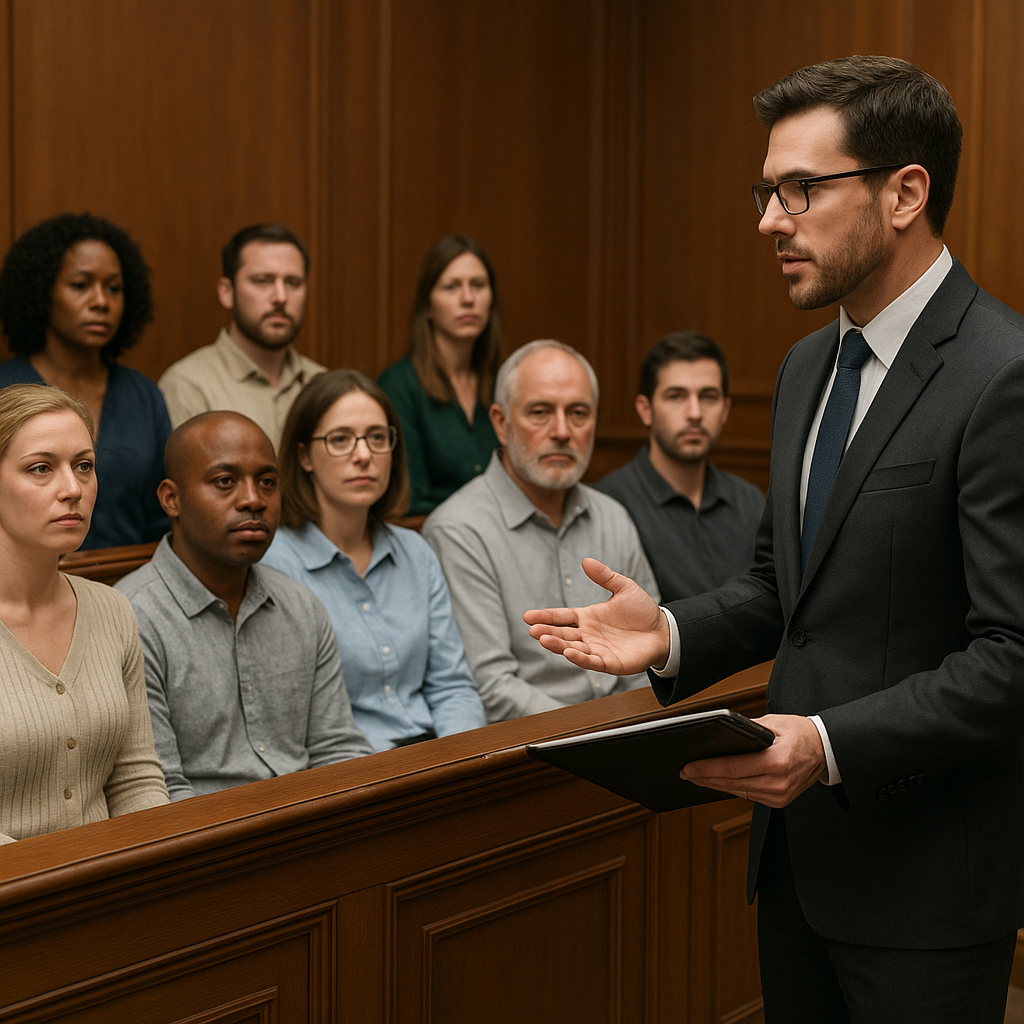Navigating the intersection of criminal law and mental health demands a blend of legal acumen, empathetic understanding, and rigorous investigation. Criminal lawyers handling cases involving individuals with mental illness must balance constitutional protections, clinical assessments, and strategic courtroom advocacy. Through collaboration with medical professionals and deep knowledge of forensic procedures, these attorneys craft defenses that recognize the unique challenges posed by cognitive impairments, emotional disorders, and psychiatric diagnoses.
Legal Framework and Standards
Before mounting a defense, attorneys must understand the overarching constitutional and statutory provisions governing mental health in the criminal justice system. Key concepts include:
- Competency to stand trial: Ensuring a defendant has the cognitive capacity to understand proceedings and assist counsel.
- Insanity criteria: Varying tests such as the M’Naghten rule, irresistible impulse, and Model Penal Code standard.
- Right to refuse treatment and forced medication: Balancing due process against public safety concerns.
- Mitigation statutes: Allowing mental health evidence to reduce sentences or support alternative sentencing.
Courts require rigorous proof when mental illness is raised. Criminal lawyers must file timely motions, often accompanied by expert affidavits, to preserve these issues for trial or appeal. Failure to adhere to procedural rules can result in forfeiture of crucial defenses.
Assessment and Evaluation
Effective representation hinges on obtaining comprehensive evaluations. Attorneys typically engage forensic psychiatrists, psychologists, and other specialists to:
- Diagnose underlying disorders such as schizophrenia, bipolar disorder, or severe depression.
- Assess cognitive functioning, memory, and the presence of delusional thinking.
- Determine competence to stand trial by evaluating the client’s understanding of legal roles and the significance of pleas.
- Evaluate risk factors for future violence and suitability for diversion programs.
Forensic experts conduct extensive interviews, psychological testing, and collateral record reviews. Their detailed reports inform the attorney’s strategy, whether pursuing an insanity defense or seeking a sentence below the standard range. Defense counsel must carefully review and challenge these findings when necessary, cross-examining experts on methodology, test validity, and potential biases.
Defense Strategies and Mitigation
When mental illness is central to a case, criminal lawyers employ tailored strategies:
- Insanity defense: Arguing that a defendant lacked substantial capacity to appreciate wrongfulness or conform conduct to law. This requires robust expert testimony demonstrating severe mental disease.
- Diminished capacity: Presenting evidence that mental impairment prevented the formation of specific intent, potentially reducing charges from murder to manslaughter.
- Mitigation at sentencing: Highlighting trauma, neurodevelopmental disorders, or chronic psychiatric conditions to secure reduced punishment or placement in treatment facilities.
- Plea bargaining: Negotiating alternatives like diversion programs, mental health courts, or probation with mandated therapy.
Each strategy demands precise legal arguments. For instance, asserting the insanity defense obligates counsel to prove the defendant’s impairing condition at the time of the offense, often relying on historical records, medication histories, and witness accounts. In contrast, mitigation focuses on post-offense rehabilitation potential and community safety considerations.
Collaboration with Experts and Ethical Obligations
Criminal lawyers must navigate complex ethical rules when working with professionals and vulnerable clients. Core responsibilities include:
- Confidentiality: Protecting sensitive medical information while fulfilling disclosure obligations.
- Avoiding conflicts of interest: Ensuring that experts have no ties to opposing parties or institutions that may compromise impartiality.
- Informed consent: Explaining legal options and risks in clear terms, given potential deficits in comprehension.
- Zealous advocacy balanced with candor: Presenting the client’s best case without misleading the court or misrepresenting medical opinions.
Attorneys often coordinate multidisciplinary teams, integrating social workers, case managers, and probation officers to develop holistic defense plans. This collaborative model fosters robust support for clients both inside and outside the courtroom.
Practical Challenges and Courtroom Advocacy
Addressing mental illness in criminal cases presents unique hurdles:
- Stigma and bias: Countering juror prejudice that equates mental illness with dangerousness.
- Limited resources: Securing funding for expert evaluations in jurisdictions with scarce public defender budgets.
- Communication barriers: Adapting questioning techniques to accommodate cognitive or speech impairments.
- Navigating plea pressure: Resisting coercive offers that overlook the client’s health needs.
In trial, savvy attorneys employ numerous tactics:
- Voir dire strategies to screen out jurors with strong negative beliefs about mental health conditions.
- Direct examination that humanizes the client, emphasizing resilience, treatment compliance, and support networks.
- Cross-examination that probes expert assumptions, testing the consistency of witness diagnoses and methodology.
- Visual aids and timelines that clarify symptom patterns, medication changes, and critical incident chronology.
By presenting a coherent narrative that ties mental health history to legal issues, lawyers can craft persuasive arguments for acquittal, reduced charges, or alternative dispositions.
Alternative Dispositions and Reentry Planning
Beyond trial, the best outcomes often involve bridging legal resolutions with community-based support. Criminal lawyers explore:
- Mental health courts: Specialized dockets focused on treatment adherence and monitoring.
- Collaborative lawyering: Partnering with prosecutors and defense teams to establish diversion protocols.
- Post-conviction relief: Pursuing appeals or habeas petitions based on newly surfaced psychiatric evidence.
- Reentry services: Coordinating housing, vocational training, and ongoing counseling to reduce recidivism.
Such programs emphasize rehabilitation over punishment, recognizing that sustained recovery hinges on stable environments and continuous care.
Conclusion
Criminal lawyers who handle cases involving mental illness must integrate deep legal knowledge with medical insight and ethical sensitivity. By mastering the relevant legal standards, securing credible evaluations, and crafting nuanced defense strategies, they safeguard the rights of vulnerable defendants while advancing broader goals of justice and public safety. The collaborative efforts of legal and mental health professionals pave the way for meaningful resolutions, balancing accountability, therapeutic intervention, and the protection of individual liberties.




